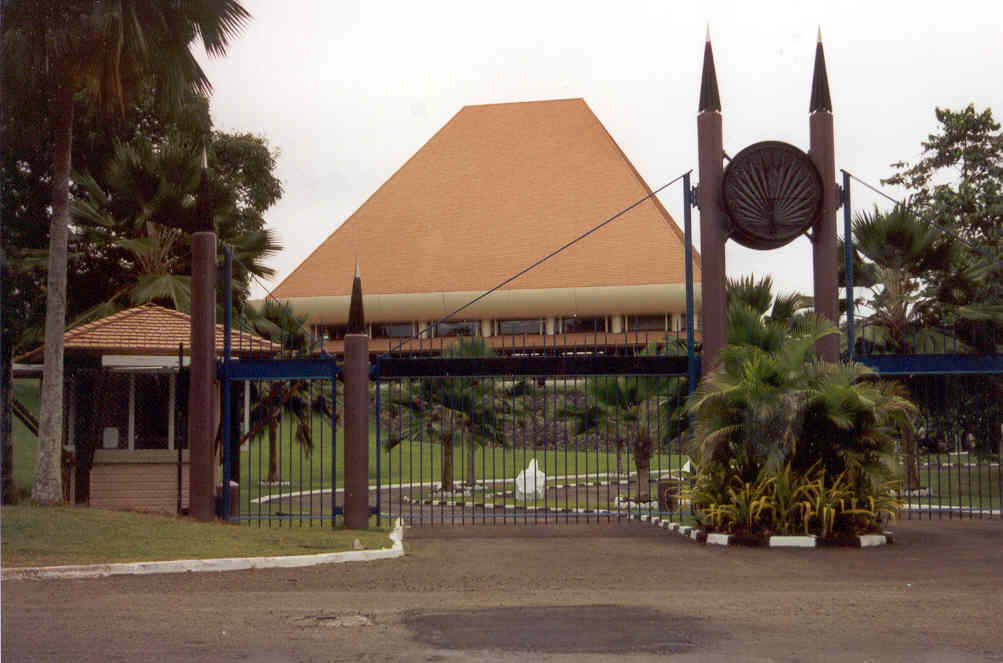
Fiji’s Minister for Foreign Affairs, Ratu Inoke Kubuabola, has delivered Fiji’s statement at a human rights event at the United Nations in New York.
Titled “Moving Away from the Death Penalty – The Voices of Victim’s Families”, the event was presided over by the Office of the High Commissioner for Human Rights.
Prince Zeid Al Hussein, United Nations High Commissioner for Human Rights, opened the event with a message from the United Nations Secretary-General. Prince Zeid said, “The United Nations has just adopted a new vision for sustainable development that aims for a life of dignity for all people.
With human rights at the core, the Sustainable Development Goals constitute a pledge by leaders to leave no one behind.” He went on to say, “As we mark the 70th anniversary of the United Nations, we see progress on the death penalty. Seven decades ago, only fourteen countries had abolished the practice. Today, eighty-two percent have either introduced moratorium by law or in practice, or have abolished it.”
The Secretary-General’s statement praised Fiji for its recent move to abolish the death penalty.
In delivering Fiji’s statement, Minister Kubuabola said that, “Fiji abolished the death penalty formally in February this year through the Republic of Fiji Military Forces Amendment Act 2015.”
He said Fiji’s move on the death penalty stemmed from the growing international trend to remove capital punishment.
Ratu Inoke said the move was consistent with Fiji’s new Constitution which guarantees every person the right to life. “We abolished the death sentence in Fiji,” Minister Kubuabola said, "because it is not relevant to our country, to our justice system and to our people.”
He advised the UN event that Fiji was aware that, “The death penalty has little deterrent effect on the committing of serious crimes, and that sentencing policies now require a delicate balance between the sentencing principles of deterrence, rehabilitation, denunciation and punishment. A death sentence, and especially a mandatory death sentence, fails to give the judge the discretion to balance these factors and to pass a sentence which is suited to the individual.
Ratu Inoke was among other notable panelists from Argentina, Rwanda, Benin and Italy. The panel was moderated by Philip Alston, the United Nations Special Rapporteur on extreme poverty and human rights.
